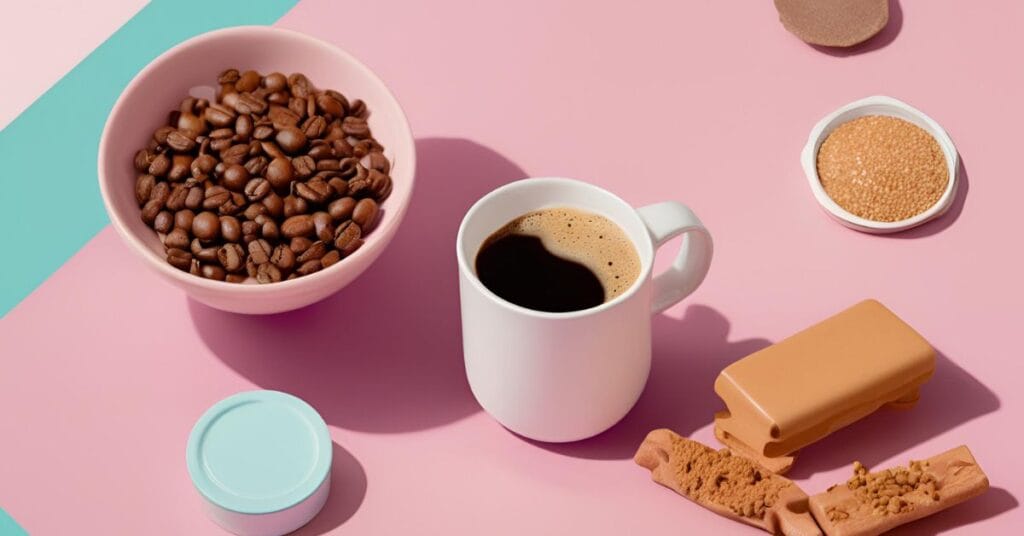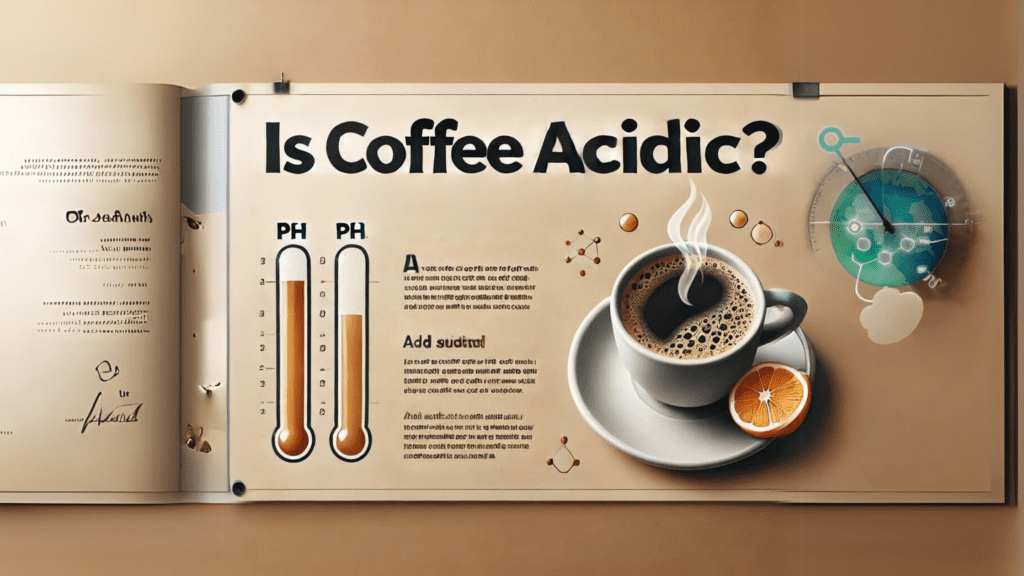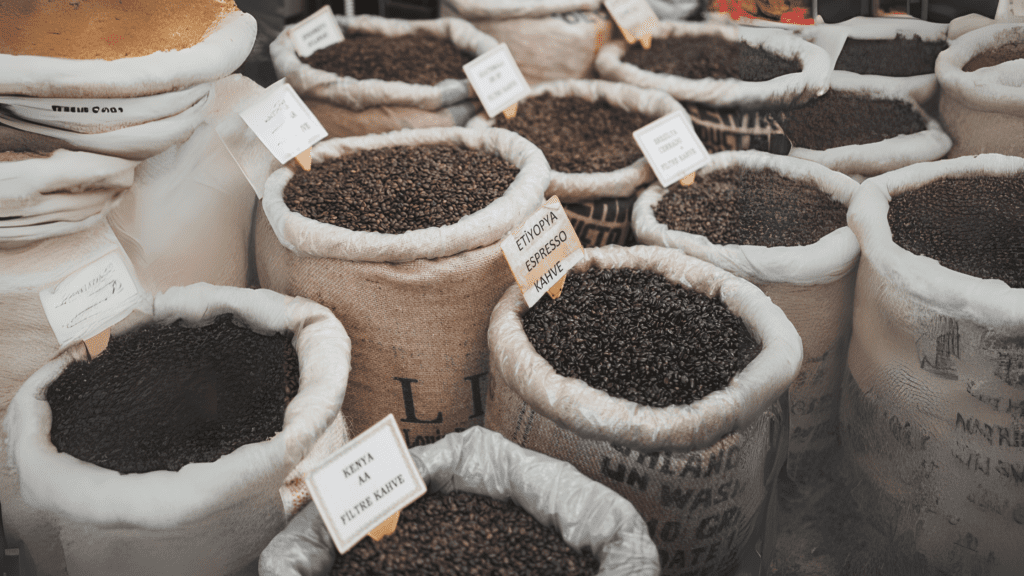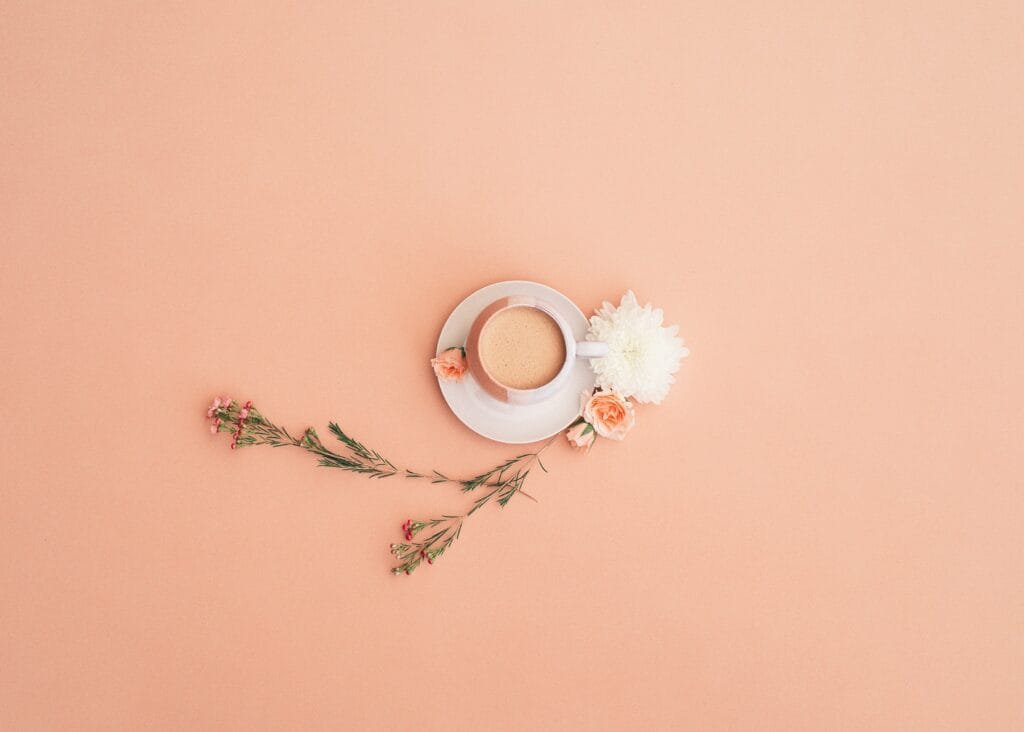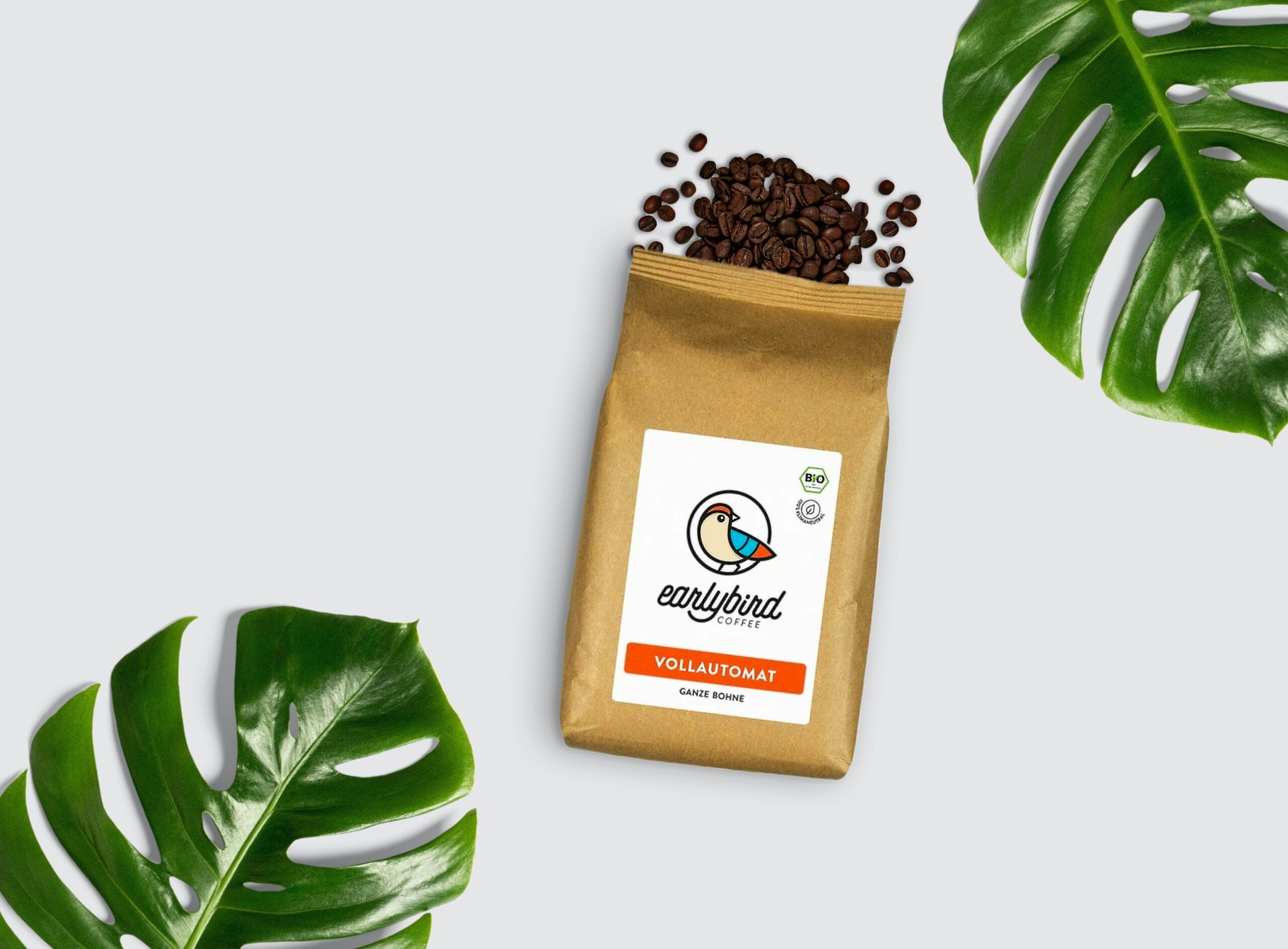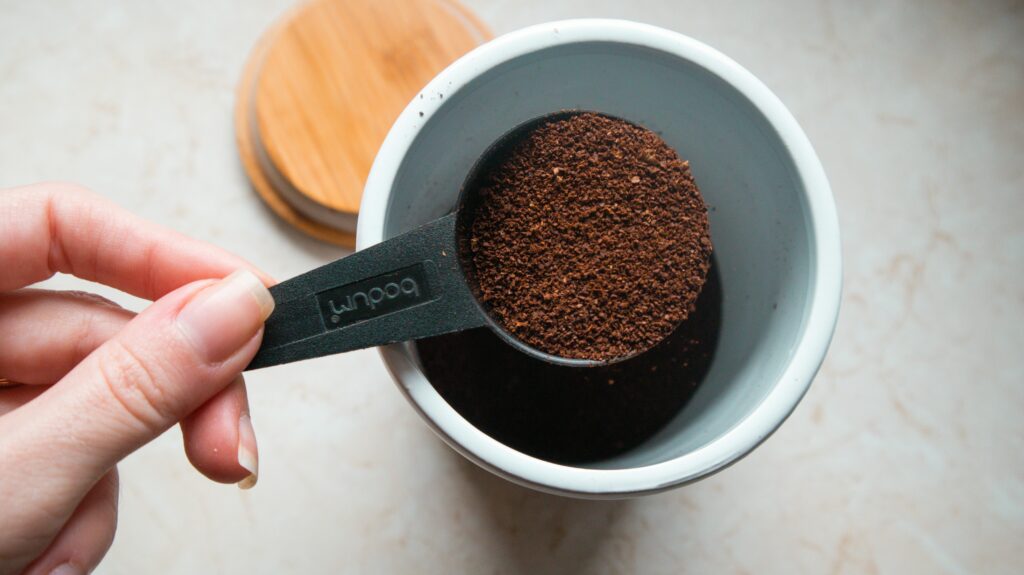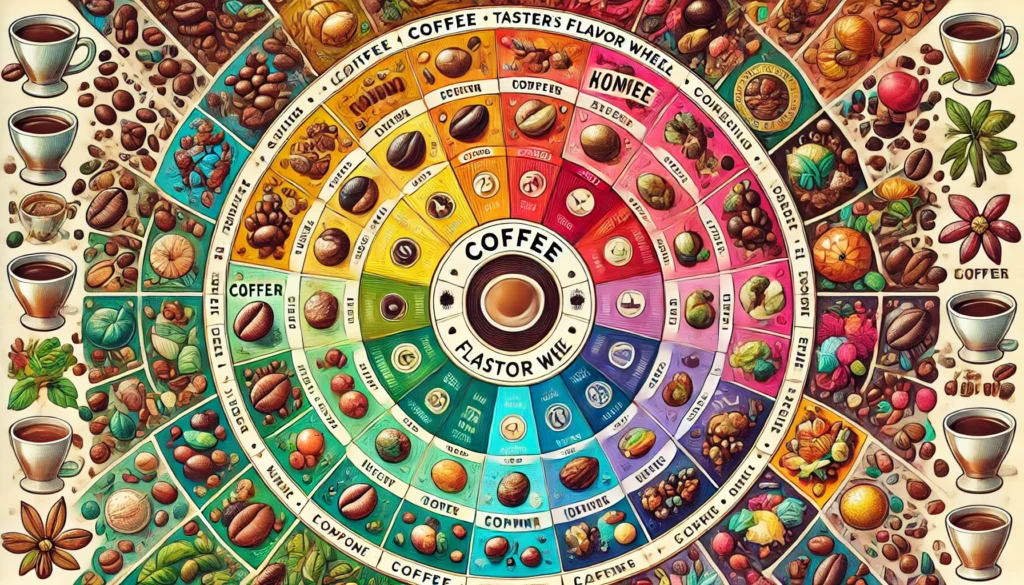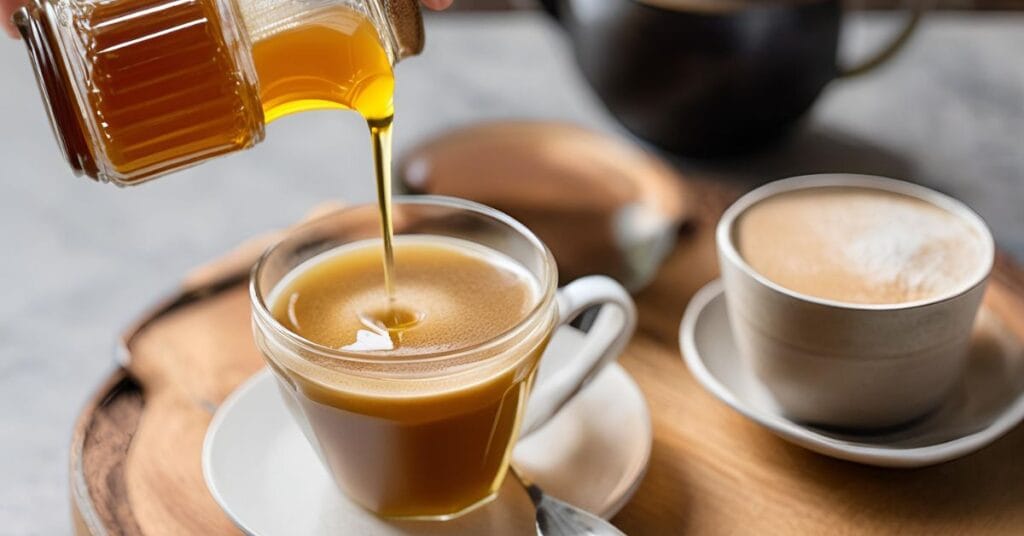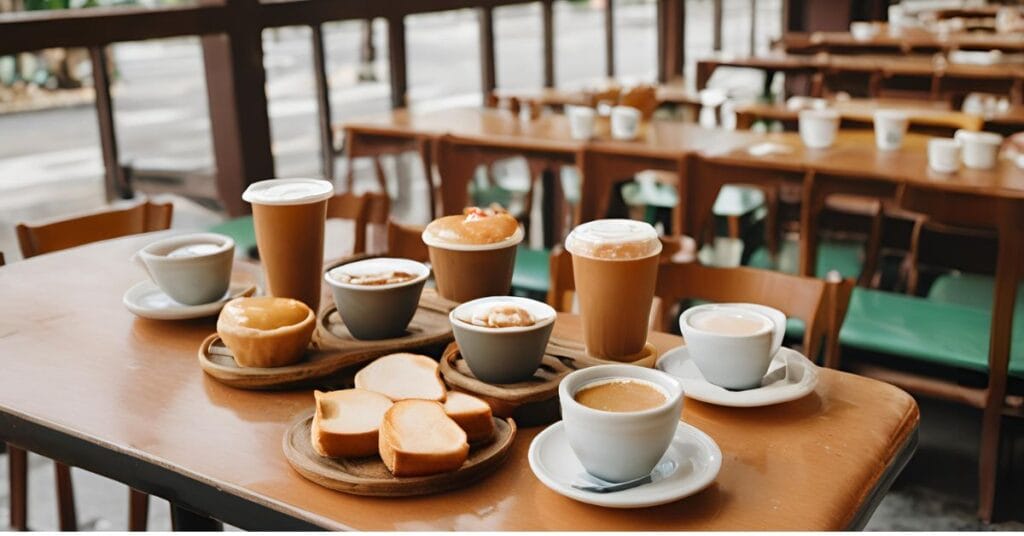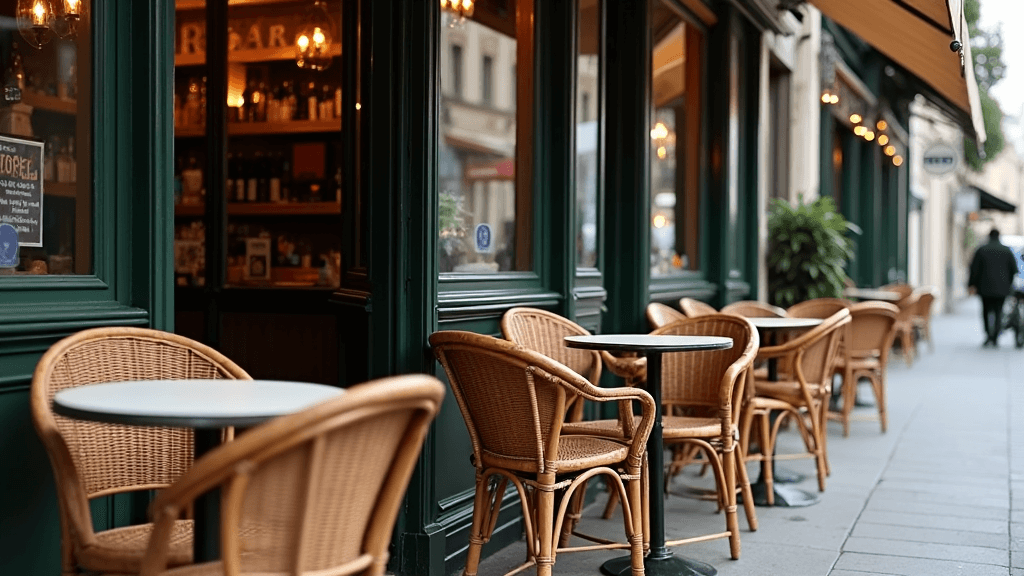When I first visited Ireland, I was eager to experience not just its stunning landscapes, warm hospitality, and traditional pubs, but also its coffee culture. Coffee culture in Ireland may not have the centuries-long heritage of tea, but it has certainly taken the country by storm in recent years. In this article, I’ll walk you through Irish coffee culture, its history, popular coffee types, and where to find the best spots for an amazing brew. Get ready to discover how the Irish have embraced coffee in their own charming way.
I arrived in Ireland with an expectation of endless cups of tea, but what surprised me was the love and enthusiasm for coffee that permeated across cities and small towns. From vibrant urban cafes in Dublin to charming independent coffee shops in rural settings, coffee in Ireland has become a ritual embraced by all generations. Irish coffee culture has rapidly evolved, focusing on quality beans, artisanal brewing methods, and cozy, community-oriented cafés.
Table of Contents
ToggleHistory of Coffee in Ireland
Definition
Coffee culture in Ireland is the way people enjoy and socialize over coffee, including the rise of independent cafés, the popularity of specialty coffee, and the shift from traditional tea to high-quality brews. Over 60% of the population regularly visits cafés, and Ireland’s coffee market is valued at EUR 2 billion as of 2023. This culture emphasizes community, quality, and sustainable practices in every cup.
Over the last few decades, Ireland has experienced a rapid coffee revolution, influenced by younger generations and broader European trends. This coffee revolution is characterized by several key developments:
- Emergence of Independent Cafés: Starting in the early 2000s, independent coffee shops began to flourish, providing an alternative to the traditional tea houses and emphasizing artisanal brews.
- European Influence: Exposure to European coffee culture, particularly from Italy and the Nordic countries, brought in diverse brewing methods and an appreciation for high-quality beans.
- Specialty Coffee Movement: By the 2010s, the rise of specialty coffee and ethical sourcing practices marked a significant change. Cafés began focusing on single-origin beans, sustainability, and quality.
- Community and Social Aspect: Coffee shops have become social hubs, creating a sense of community where people meet, relax, and engage. The atmosphere in Irish coffee shops reflects a slower, more community-oriented approach compared to chain coffee stores.
Today, the specialty coffee scene in Ireland is thriving, driven by passionate baristas, dedicated coffee lovers, and a shared desire for exceptional quality and sustainable practices.
| Year | Key Event in Coffee Culture in Ireland History |
|---|---|
| 1950s | First coffee houses started appearing in cities |
| 1990s | Introduction of specialty coffee shops |
| Early 2000s | Growth of independent café culture |
| 2010s | Popularity of third-wave coffee and ethical sourcing |
| 2020s | Rise of sustainable coffee practices and eco-friendly packaging |
Popular Types of Coffee in Ireland
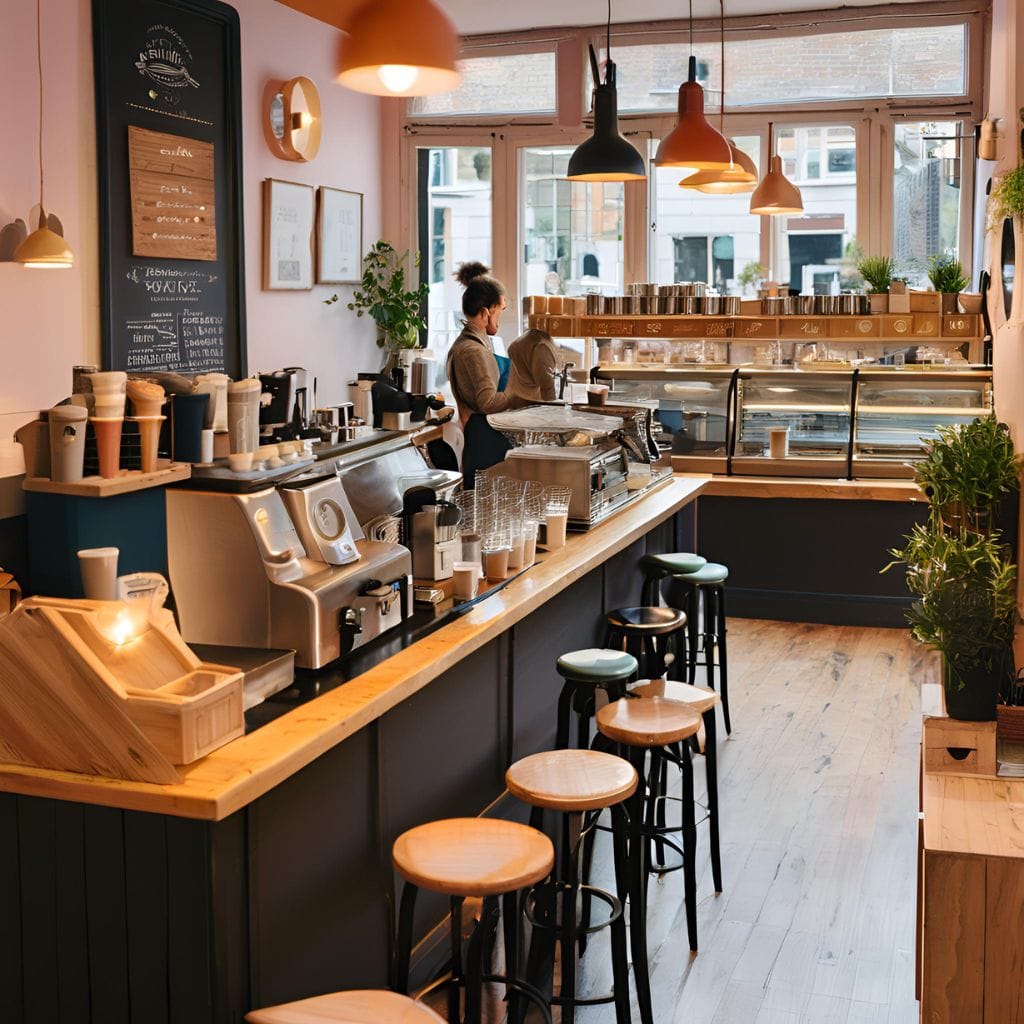
Here are some of the most popular types of coffee culture in Ireland that you can find there:
Flat White
The flat white is a favorite among Irish coffee drinkers, especially those who prefer a creamy yet strong cup of coffee. A shot of espresso is topped with steamed milk, creating a smooth and velvety texture.
Average Price (EUR): 3.50
Nutritional Information (per 240ml cup):
| Nutrient | Value |
| Calories | 120 kcal |
| Protein | 6g |
| Fat | 7g |
| Carbohydrates | 9g |
Americano
Americano is one of the most commonly ordered coffee drinks in Ireland. It’s made by diluting a shot of espresso with hot water, resulting in a smooth, rich, and easy-to-drink brew.
Average Price (EUR): 3.00
Nutritional Information (per 240ml cup):
| Nutrient | Value |
| Calories | 10 kcal |
| Protein | 0g |
| Fat | 0g |
| Carbohydrates | 2g |
Cappuccino
The cappuccino is another favorite. Made with equal parts espresso, steamed milk, and milk froth, it’s often enjoyed with a dusting of cocoa powder on top.
Average Price (EUR): 3.80
Nutritional Information (per 240ml cup):
| Nutrient | Value |
| Calories | 150 kcal |
| Protein | 8g |
| Fat | 8g |
| Carbohydrates | 12g |
Irish Coffee
You can’t talk about coffee in Ireland without mentioning Irish Coffee. This classic cocktail combines hot coffee, Irish whiskey, sugar, and a layer of cream. It’s typically served as a dessert or as a warm pick-me-up on a chilly day.
Average Price (EUR): 6.00
Nutritional Information (per 240ml glass):
| Nutrient | Value |
| Calories | 220 kcal |
| Protein | 2g |
| Fat | 10g |
| Carbohydrates | 16g |
The Rise of Café Culture
The rise of café culture in Ireland is a relatively recent but impactful trend. Cafés have become social hubs where people meet for casual conversations, work remotely, or simply unwind with a good cup of coffee. Unlike the fast-paced nature of chain coffee shops, Irish cafés emphasize relaxation and community. I found that many Irish cafés take pride in using locally roasted beans and offering fresh, homemade pastries.
Popular Cafés in Ireland
3FE (Dublin): A leading name in the Irish coffee scene, offering high-quality beans and expertly brewed coffee.
Network (Dublin): A modern spot for coffee enthusiasts, serving innovative drinks with a personal touch.
Coffeewerk + Press (Galway): A unique mix of an art gallery and a café, where you can sip delicious coffee surrounded by local artwork.
Coffee Consumption Statistics in Ireland
The statistics reveal how rapidly coffee has become a staple in Irish culture:
| Statistic | Value |
| Average Cups per Day | 1.5 cups per person |
| Market Value (2023) | EUR 2 billion |
| Most Popular Drink | Americano |
| Average Spend per Week | EUR 10 |
| Percentage of Population Visiting Cafés | 60% |
| Preferred Coffee Type in Cafés | Flat White |
| Average Price of a Coffee | EUR 3.50 |
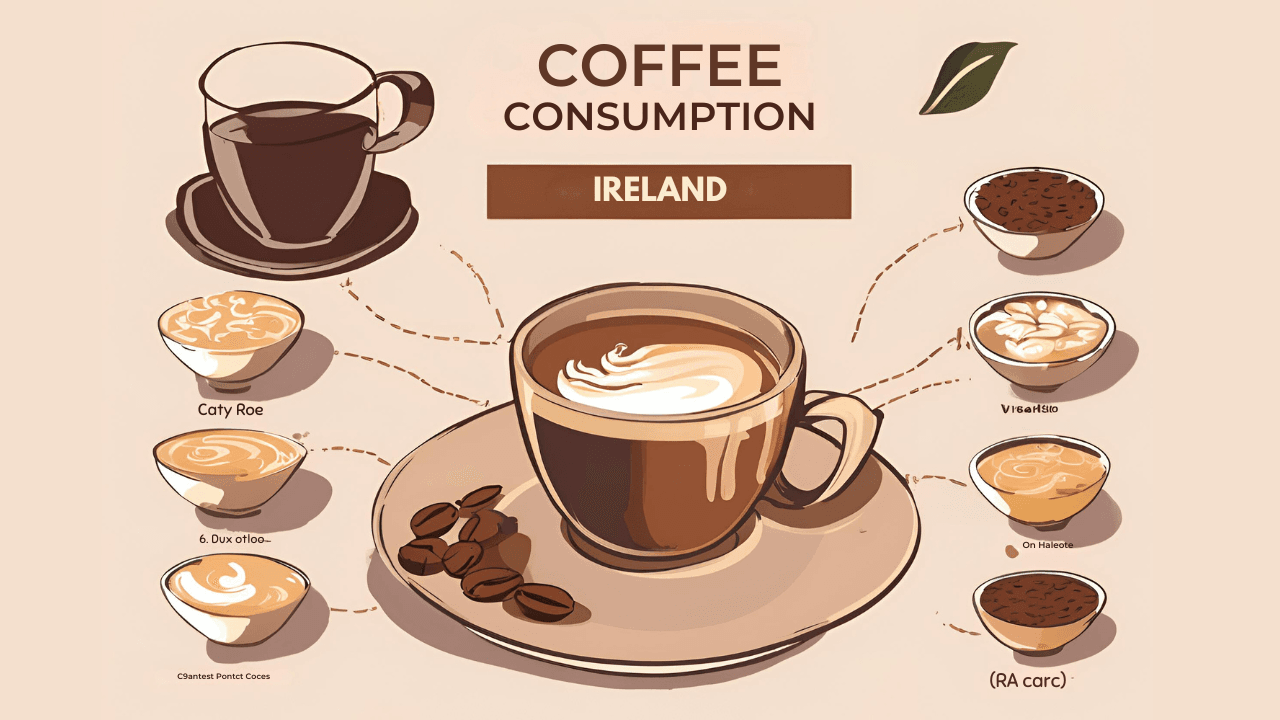
Coffee Price Chart in Ireland
| Coffee Type | Average Price (EUR) | Price Range (EUR) | Typical Serving Size (ml) |
| Espresso | 2.50 | 2.00 – 3.00 | 30 – 50 ml |
| Americano | 3.00 | 2.50 – 3.50 | 200 – 250 ml |
| Flat White | 3.50 | 3.00 – 4.00 | 150 – 200 ml |
| Cappuccino | 3.80 | 3.00 – 4.50 | 200 – 250 ml |
| Irish Coffee | 6.00 | 5.00 – 7.50 | 200 – 240 ml |
Popular Coffee Brands in Ireland
Some of the popular coffee brands that you’ll come across in Ireland include:
1. Bewley’s
Bewley’s is one of Ireland’s oldest and most iconic coffee brands, established in 1840. They’ve been serving quality coffee for over 180 years and are a staple in many Irish households and cafes. Bewley’s also emphasizes ethical sourcing, fair trade coffee, and sustainability, partnering with coffee farmers in over 20 countries to ensure responsible practices. As of 2023, Bewley’s is estimated to serve over 2 million cups of coffee every week in Ireland.
2. 3FE Coffee
3FE Coffee has become a prominent name in the specialty coffee scene in Dublin, known for its dedication to quality, sustainability, and eco-friendly packaging. Established in 2009 by Colin Harmon, 3FE sources high-quality beans directly from farmers and roasts them in Dublin. The brand’s focus on transparency and direct trade has helped it gain a loyal following. 3FE serves over 100,000 cups of coffee each month and has expanded to supply coffee to many well-known cafés and restaurants across Ireland.
3. Badger & Dodo
Badger & Dodo is a specialty coffee roaster based in Cork, established in 2008, offering a wide range of blends and single-origin beans. They focus on sustainable coffee roasting processes and work closely with ethical coffee bean importers, sourcing beans directly from farms to ensure fair compensation and quality. Badger & Dodo roasts approximately 10,000 kg of coffee per month and supplies to over 200 independent cafés throughout Ireland. They are known for their commitment to quality and transparency, with a focus on supporting small-scale farmers.
Best Cafes to Visit in Ireland
Dublin
Vice Coffee Inc: Known for its excellent selection of brews and a cozy atmosphere.
Proper Order Coffee Co.: A must-visit for those who appreciate skilled baristas and specialty beans.
Galway
Urban Grind: A community-focused café with delicious coffee and a welcoming vibe.
Kai Cafe + Restaurant: This place offers great coffee alongside locally sourced, high-quality food.
Cork
Alchemy Coffee and Books: A charming café combining the love of books with great coffee.
SOMA Coffee Company: Known for its specialty coffee and a modern, comfortable atmosphere.
Irish Coffee: A National Icon

No article about Irish coffee culture would be complete without mentioning the famous Irish Coffee cocktail. Invented in the 1940s by chef Joe Sheridan, it is traditionally made with hot coffee, Irish whiskey, sugar, and cream. Irish Coffee was originally created to welcome cold and weary travelers arriving in Foynes, providing them with warmth and comfort. I had my first taste at The Foynes Flying Boat & Maritime Museum, where it was originally invented, and it was an experience like no other—rich, warming, and perfectly sweet.
Key Facts About Irish Coffee: Coffee Culture in Ireland
Inventor: Joe Sheridan, 1940s
Origin: Foynes, Ireland
Ingredients: Hot coffee, Irish whiskey, sugar, and cream
Purpose: To warm and comfort transatlantic travelers
Popularity: Irish Coffee remains one of Ireland’s most iconic drinks, enjoyed worldwide
| Component | Details |
| Coffee Base | Strong brewed coffee |
| Alcohol | Irish whiskey |
| Sweetener | Brown sugar or regular sugar |
| Topping | Lightly whipped cream |
Influence of European Coffee Culture in Ireland
Ireland’s coffee culture is largely influenced by broader European trends, especially from Italy and the Nordic countries. The influence is evident in the rise of specialty coffee and the emphasis on high-quality beans, similar to what you find in cities like Milan or Stockholm. During my visit, I found that the passion for artisanal coffee had led to a shift away from instant coffee and towards more sophisticated brewing methods like pour-overs, Aeropress, and Chemex.
Coffee Trends in Ireland
The coffee culture in Ireland is dynamic and keeps evolving. Here are some of the popular trends that I observed:
Cold Brew Coffee
Cold brew is becoming increasingly popular in Ireland, especially during the summer months. Its smooth, less acidic profile makes it a favorite among younger consumers.
Sustainable Coffee Practices
Sustainability is at the forefront of coffee culture in Ireland. Many specialty coffee shops are adopting eco-friendly practices such as compostable coffee cups, ethical sourcing, and promoting fair trade coffee. Sustainable cafés like The Glasshouse in Dublin emphasize the use of ethical coffee brands, and several Irish coffee roasters prioritize relationships with coffee bean importers who adhere to ethical coffee farming practices.
Barista Competitions and Artisan Coffee
The rise of barista competitions has also played a major role in shaping coffee culture in Ireland. These competitions promote high standards in coffee brewing methods, pushing baristas to focus on artisan coffee and specialty brews.
Health-Conscious Coffee Options
I noticed that Irish cafés are increasingly catering to health-conscious consumers by offering alternative milk options like almond, oat, and coconut milk, and highlighting the benefits of coffee and a health-conscious lifestyle.
Coffee Social Impact
Coffee shops in Ireland serve as more than just places to grab a caffeine fix. They play a significant role in fostering community, hosting local coffee events, and providing a comfortable coffeehouse atmosphere for social gatherings. The Irish café community continues to grow, prioritizing both quality coffee and social impact. Reusable cups and eco-friendly packaging are also becoming more common.
Frequently Asked Questions (FAQs) About Coffee Culture In Ireland
What Makes Irish Coffee Unique?
Irish Coffee is a classic cocktail that combines coffee with Irish whiskey and cream. It’s famous for its perfect balance of sweetness, warmth, and richness.
Is Coffee More Popular than Tea in Ireland?
While tea remains the traditional favorite, coffee has grown significantly in popularity, especially among younger generations and urban dwellers.
Are There Any Notable Coffee Festivals in Ireland?
Yes, Ireland hosts several coffee festivals, including the Dublin Coffee & Tea Festival, celebrating the nation’s love for caffeinated drinks.
What is the Most Popular Coffee Drink in Ireland?
The most popular coffee drink in Ireland is the Americano, followed closely by the Flat White, especially in café settings where people prefer the creaminess of the Flat White.
How Many Cups of Coffee Do Irish People Drink on Average?
Irish people drink an average of 1.5 cups of coffee per day. This number has been steadily increasing over the years, showing a shift towards a more coffee-oriented culture.
Why Has Coffee Culture Grown So Rapidly in Ireland?
Coffee culture in Ireland has grown rapidly due to a combination of European influences, the rise of specialty cafés, and the younger population’s desire for quality and artisanal experiences. Additionally, the emphasis on community spaces provided by independent coffee shops has contributed significantly.
Are Irish Coffee Shops Adopting Sustainable Practices?
Yes, sustainability is a key focus for many Irish coffee shops. Practices include using compostable coffee cups, ethically sourced beans, and supporting fair trade. Many cafés also encourage customers to bring reusable cups by offering discounts.
References
- what is the ph value of coffee?
- Coffee Culture UK
- Canadian Coffee Culture
- You Won’t Believe What Instant Organic Coffee Can Do for You!
- What coffee is best for me?
- Coffee-to-Water Ratio Calculator
- What Makes Australian Coffee Culture Unique and So Beloved?
Final Thoughts
My exploration of Irish coffee culture was eye-opening and heartwarming. The sense of community that thrives in small independent cafés and the commitment to quality is truly inspiring. Whether you’re enjoying a rich flat white in a bustling Dublin café or sipping on an iconic Irish Coffee culture in Ireland, you’ll find that coffee in Ireland is much more than a drink—it’s a reflection of the warm, welcoming nature of the Irish people.
Disclaimer
This article is based on my personal experiences and the latest available information as of 2024. Coffee preferences and trends can vary widely, and your experiences may differ.
Feedback
I hope this journey through Ireland’s coffee culture has provided you with some insights and inspiration. I’d love to hear your thoughts or any experiences you’ve had with coffee culture in Ireland. Feel free to share your feedback in the comments below!



